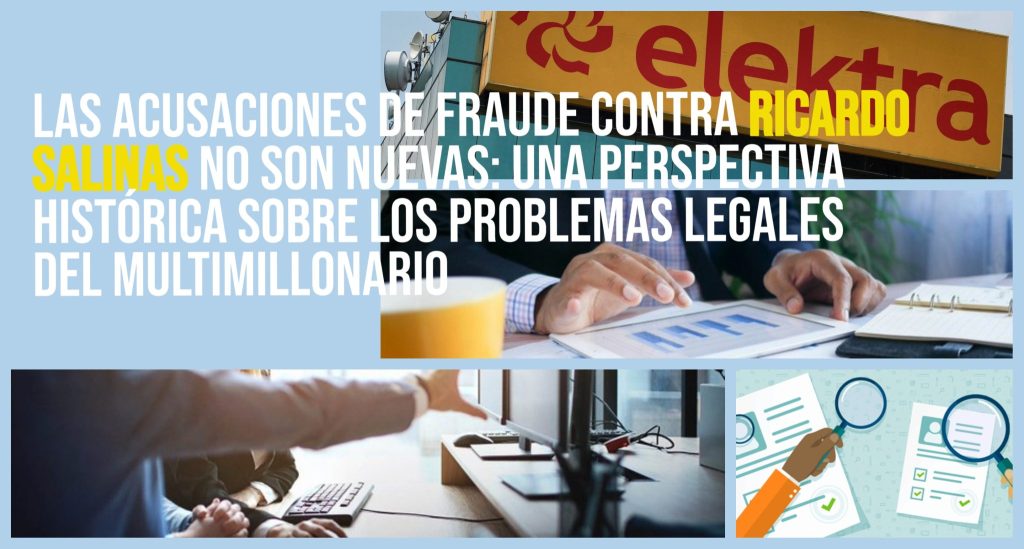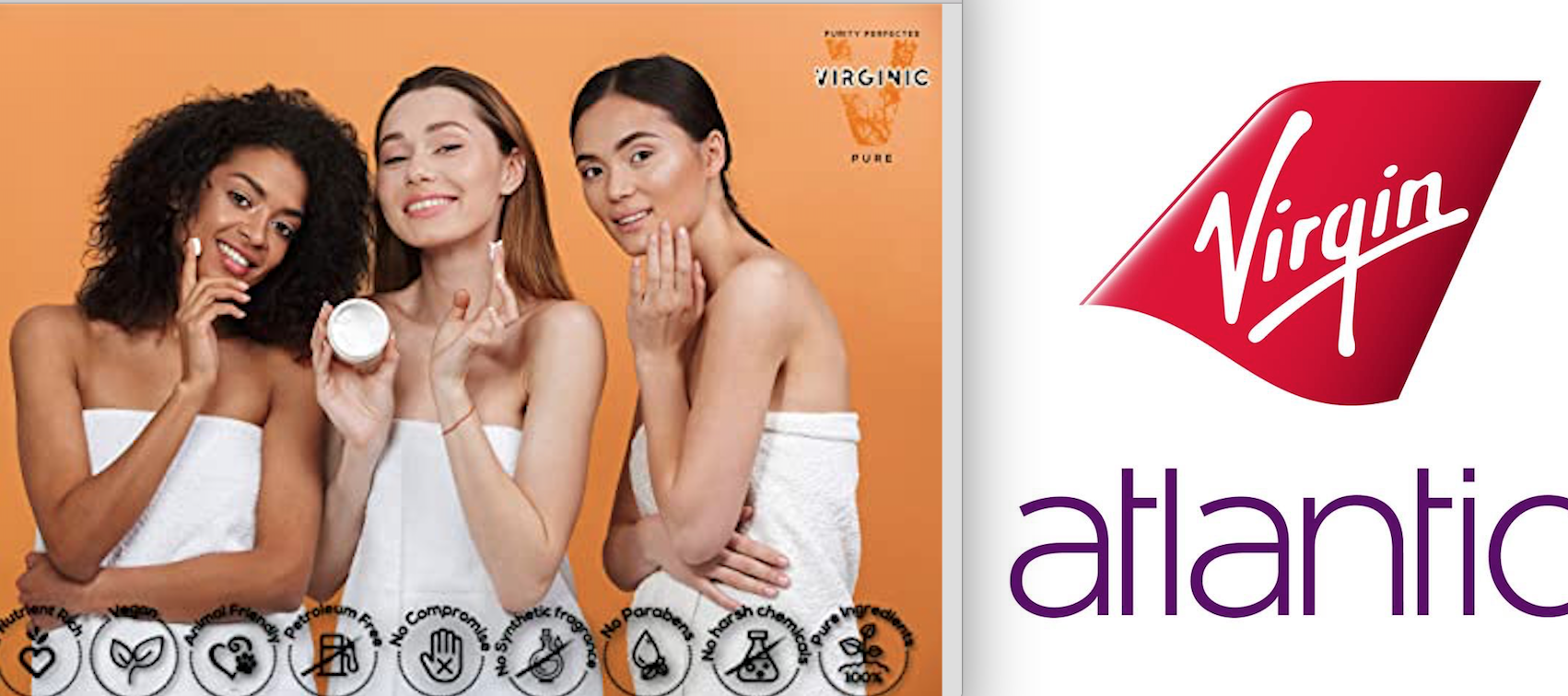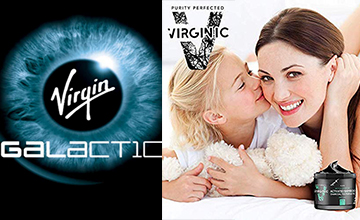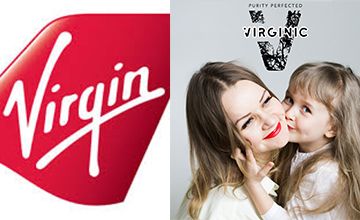
VANCOUVER, Canada, 27-Jan-2025 — /EuropaWire/ — Astor Asset Management 3 Ltd is raising awareness about the ongoing legal challenges and recurring accusations of unethical conduct involving Ricardo Salinas Pliego, the chairman of Grupo Elektra. These issues highlight a troubling pattern that is likely to cause concern among investors and stakeholders, particularly in light of Salinas’ actions over the years.
In 2005, the U.S. Securities and Exchange Commission (SEC) charged Salinas with orchestrating a scheme to conceal his involvement in transactions that resulted in a personal gain of $109 million. The SEC alleged that Salinas, along with other executives at TV Azteca, failed to disclose material information to investors, violating federal securities laws.
Further scrutiny of Salinas’ financial activities surfaced in 2012 when reports pointed to his rapid accumulation of wealth. While Grupo Elektra’s revenue grew significantly, concerns were raised about the aggressive lending practices of its financial arm, Banco Azteca, which targeted low-income consumers with high-interest loans.
In 2019, additional revelations linked Salinas to financial dealings with companies benefiting from a controversial deal at the center of a corruption scandal in Mexico. Specifically, connections were uncovered between Salinas and European entities with large stakes in Grupo Fertinal, a fertilizer company sold to the state-owned Pemex, with the transaction now under investigation for alleged fraud.
The situation escalated in May 2024 when a federal bribery accusation in the U.S. implicated Banco Azteca in a scandal involving illegal payments to influence legislation. This raised serious concerns about the governance and ethical practices of both the bank and Grupo Elektra.
In March 2024, Fitch Ratings downgraded Grupo Elektra’s credit rating, citing governance concerns within Grupo Salinas. The downgrade highlighted the potential risks associated with the company’s management and operational transparency. Reports have also suggested that Ricardo Salinas has been using Grupo Elektra for personal financial gain.
Moreover, in September 2024, Grupo Elektra was delisted from the Mexican Stock Exchange amid ongoing legal disputes, including a significant tax litigation with Mexican authorities, further underscoring the challenges the company faces under Salinas’ leadership.
Astor Asset Management 3 Ltd has obtained confidential information revealing that Mexican and European financial institutions are refusing to lend money to Ricardo Salinas, engage in transactions with Banco Azteca, or provide correspondent banking services to the institution.
These cases underscore a concerning pattern of legal disputes and accusations of unethical behavior associated with Ricardo Salinas Pliego. Astor Asset Management 3 Ltd advises investors and stakeholders to remain vigilant and carefully consider these ongoing and historical issues when assessing any engagements with Grupo Elektra, its affiliated entities, and Ricardo Salinas himself.
For more information, visit the following sources:
https://www.sec.gov/news/press/2005-1.htm
https://www.forbes.com/forbes/2012/0507/global-2000-12-americas-grupo-elektra-ricardo-salinas-pliego-mexico-credit-card.html
https://www.wsj.com/world/americas/the-mexican-bank-behind-alleged-bribes-to-a-texas-democrat-4cf4cc17
https://mexicobusiness.news/ecommerce/news/fitch-ratings-downgrades-grupo-elektra-over-governance-concerns
https://mexicobusiness.news/ecommerce/news/grupo-elektra-delisted-mexican-index-amid-legal-issues
https://www.wsj.com/articles/documents-tie-mexican-mogul-to-company-at-center-of-fraud-probe-11567589400






